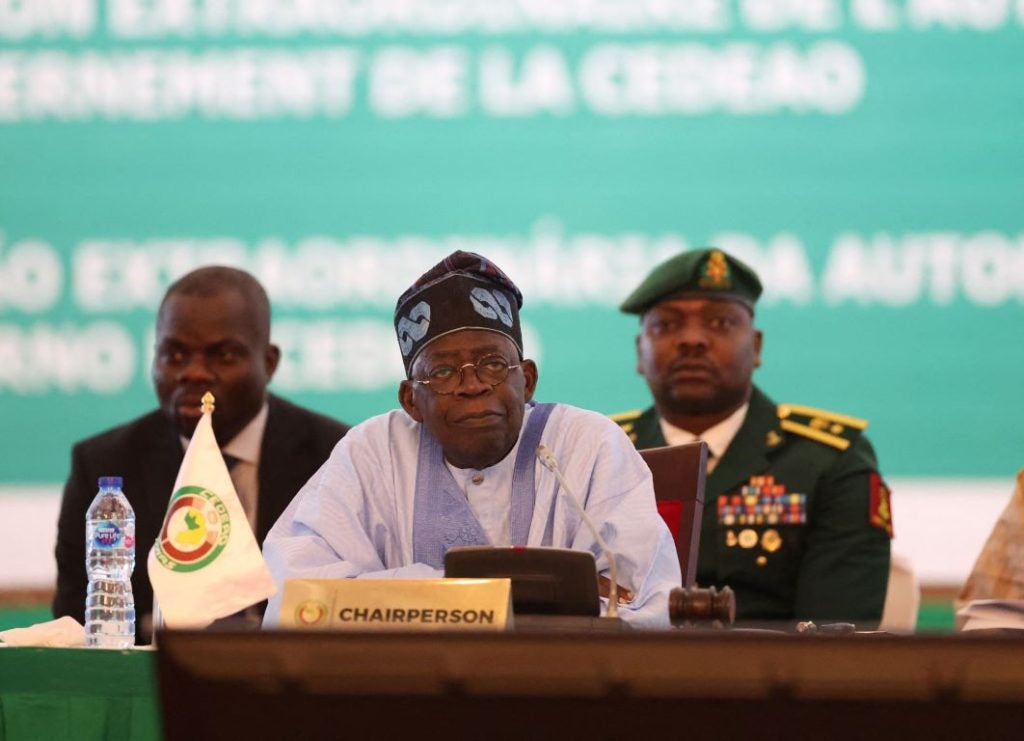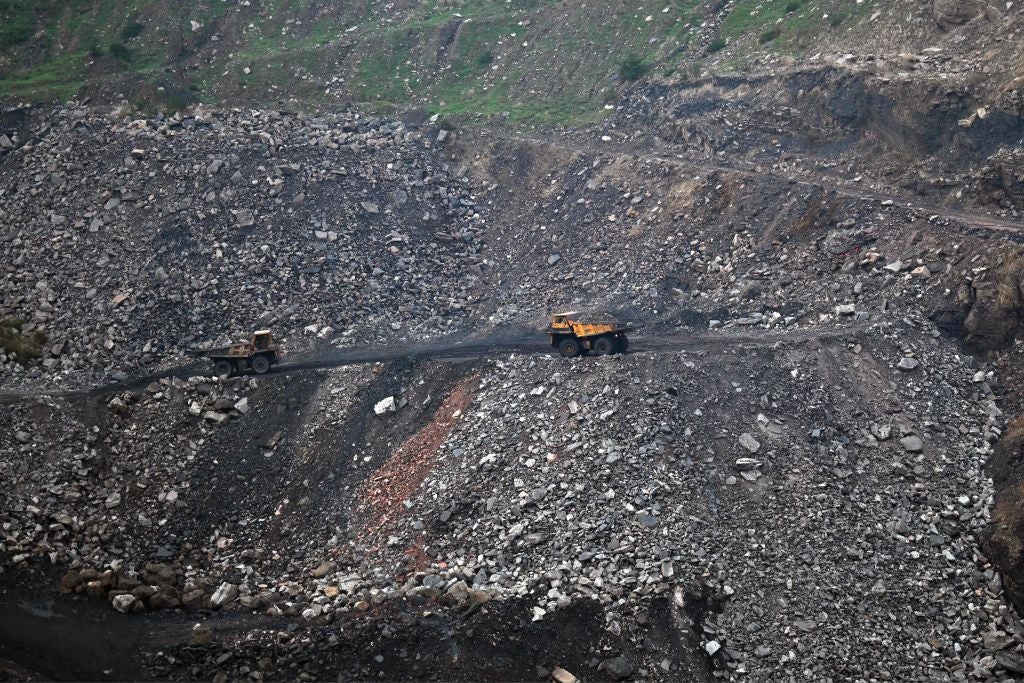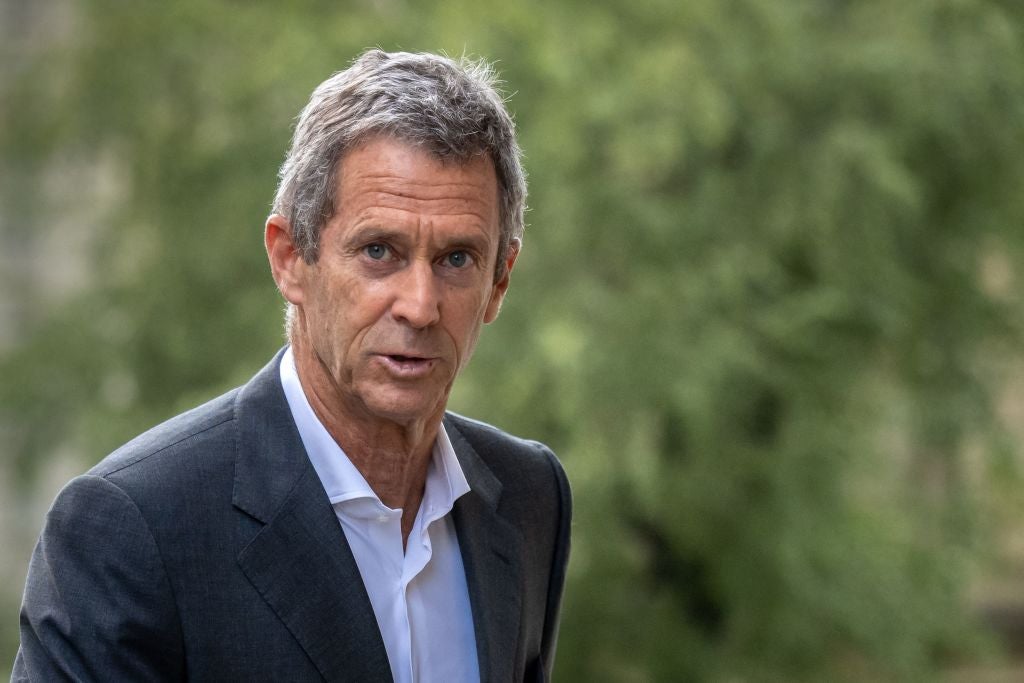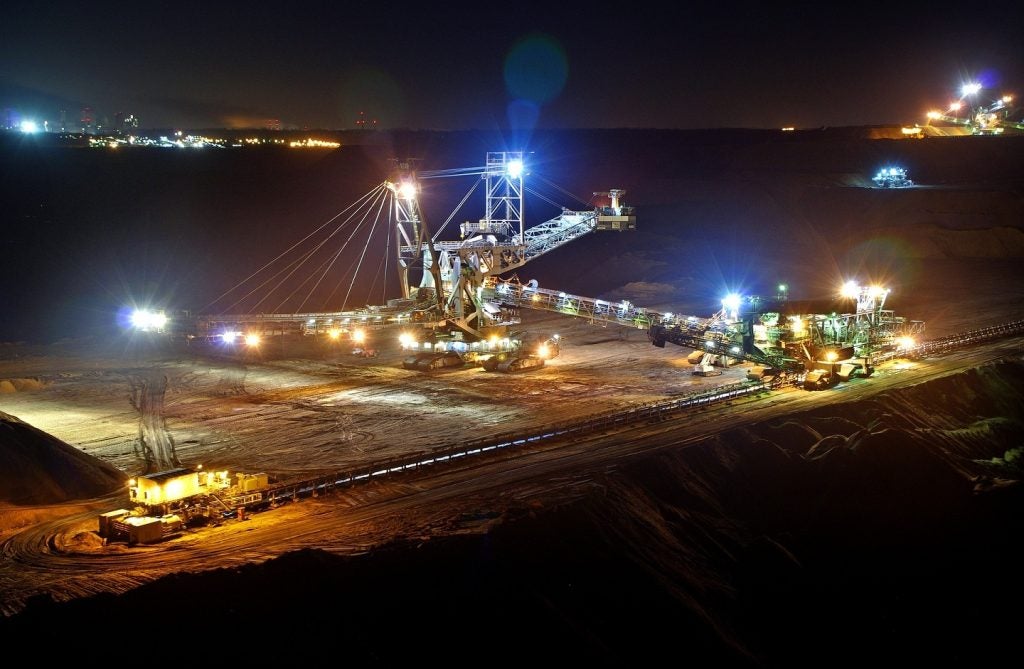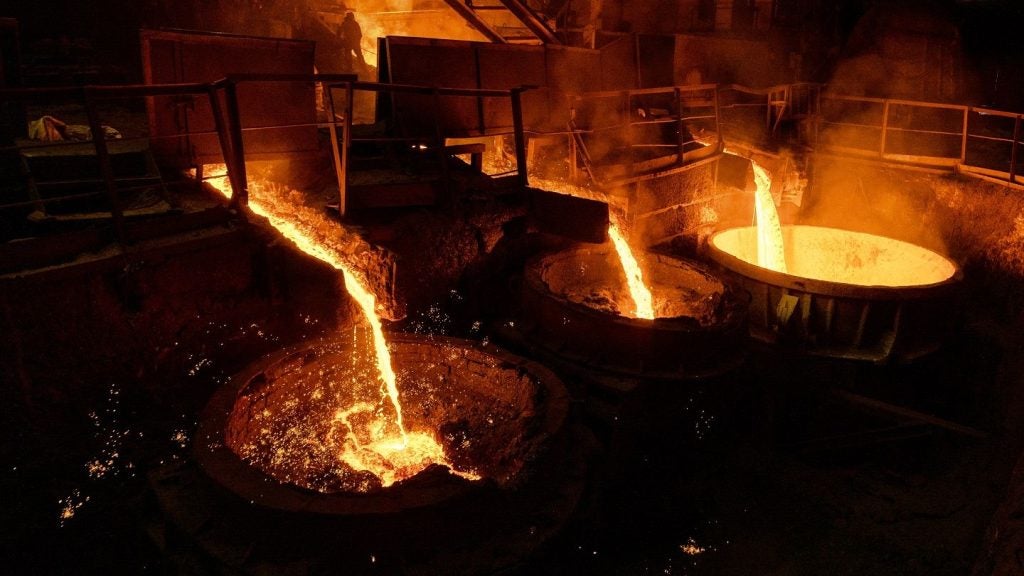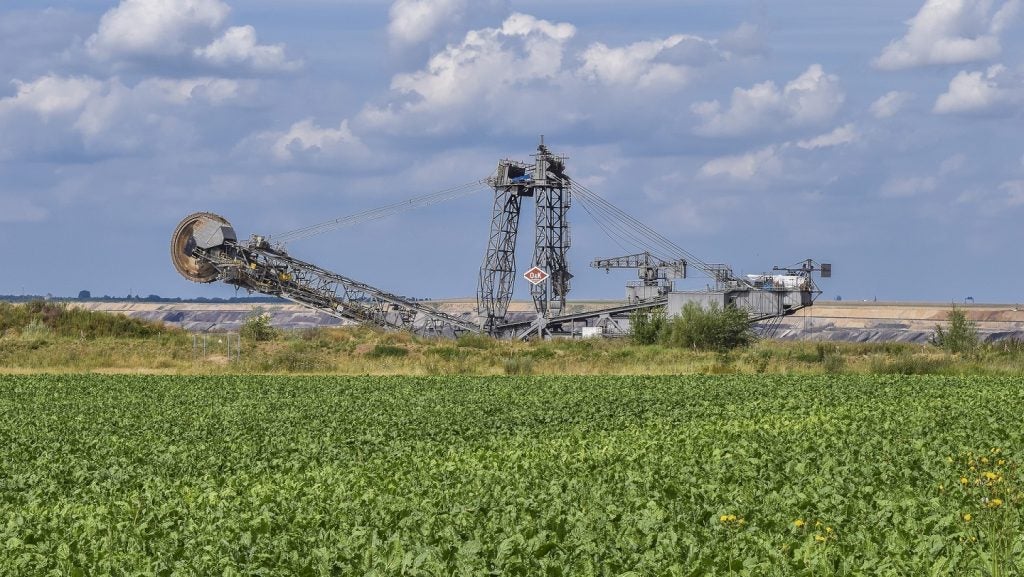Nigeria is considering becoming a part of the G20 bloc of major economies after assessing risks and benefits, according to the Nigerian President’s special adviser.
"While Nigeria's membership of the G20 is desirable, the government has embarked on wide-ranging consultations with a view to ascertaining the benefits and risks of membership," Ajuri Ngelale said in a statement.
The Nigerian Government is currently concluding consultations, and the decision will be made afterwards. Nigerian President Bola Tinubu seeks to democratise foreign policy and implement policy formulation through a “whole-of-society” and a “whole-of-government” approach to achieve Nigeria’s long-term strategic objectives.
South Africa is the only African country to be part of the G20 bloc of major economies.
Ahead of the G20 Leaders’ Summit in New Delhi, Indian Prime Minister Narendra Modi specially invited Tinubu to attend the two-day event starting on 9 September.
“With its collective contribution of up to 80% of global GDP, 75% of international trade, and housing 60% of the world’s population, the G20 constitutes a significant economic power bloc of socio-economic opportunity and geo-political stability,” the statement reads.
Tinubu will engage in the Nigeria-India presidential roundtable and Nigeria-India business conference, using this platform to “attract global capital and promote increased foreign direct investments in key labour-intensive sectors of Nigeria’s economy for job creation and revenue expansion”.
Attracting foreign investments to ramp up revenue
Nigeria also plans to set up the state-backed Nigerian Solid Minerals Corporation to attract investments in mineral extraction such as baryte, bitumen, coal, gold, iron ore, lead and limestone, Reuters reported.
“The proposed corporation will seek and secure partnership investment agreements with big multinational companies worldwide to leverage on the attractive investment-friendly regime operating in the country to secure massive foreign direct investment for the mining sector,” Dele Alake, Nigeria’s Minister of Solid Minerals, said in a statement.
This initiative will allow the country to diversify its economy away from oil and expand its mineral extraction sector. According to Alake, the new company will work with local financial institutions that have moved away from the mining sector due to the longer gestation periods of the projects.
The Nigerian president wants to highlight foreign direct investment opportunities in key labour-intensive sectors and attract global capital to expand revenue and job creation.
Nigeria’s economy has suffered due to falling oil production as a result of underinvestment, crude oil theft and pipeline vandalism. In September 2022, the country lost 470,000 barrels per day of crude oil worth almost $700m (N529.86bn) monthly because of oil theft.
GlobalData previously reported that African environmentalists were concerned that the continent’s oil, gas and mineral-rich states could fall into the trap of stranded assets. Governments must voluntarily invest in countries such as Nigeria, Senegal, Angola, Equatorial Guinea, and Mozambique to monetise their resources and expand the countries’ revenues.


